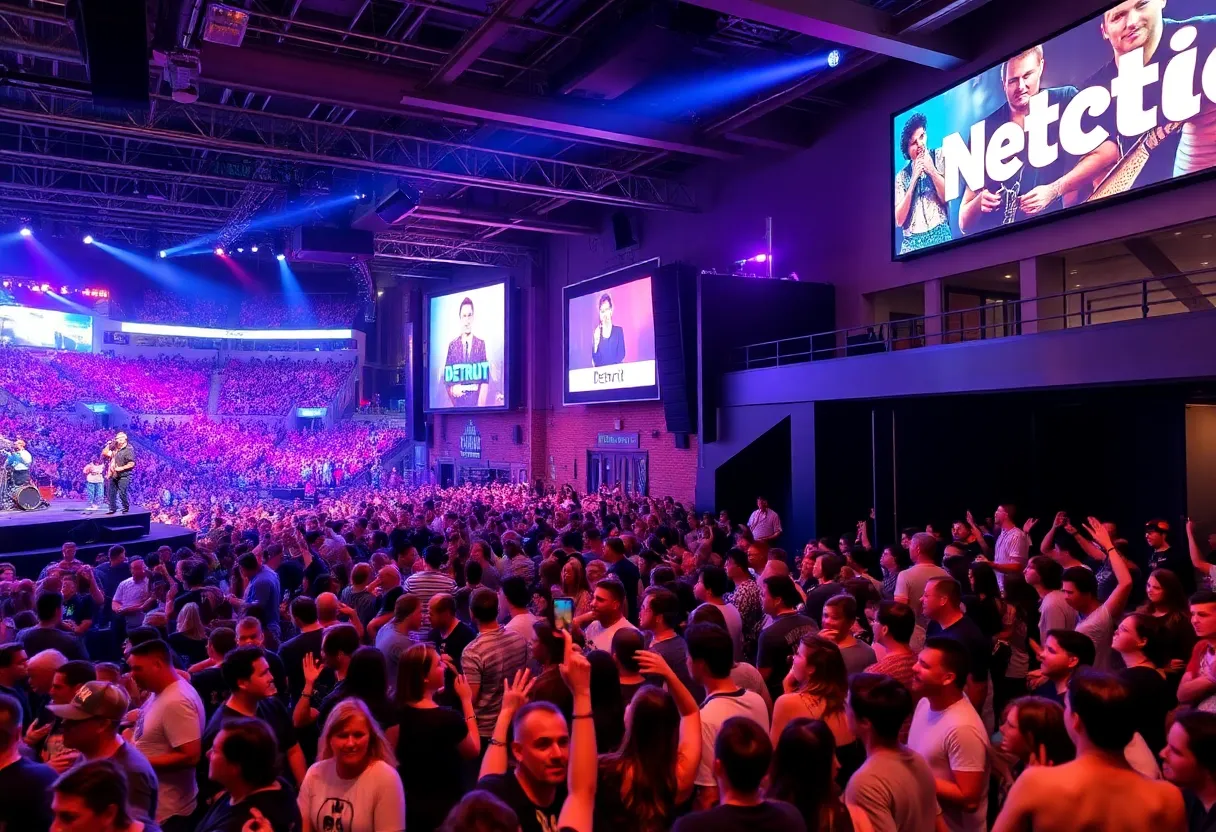News Summary
In Michigan, a significant number of educators are hesitant to adopt AI tools in classrooms, with only 30% currently using them due to concerns over cheating and ethical issues. Schools like West Ottawa are experimenting cautiously, while others face trust challenges and explore AI’s educational potential. As discussions about AI’s role in education grow, schools strive to balance innovation and ethical use in teaching strategies.
Teachers in Michigan Tread Lightly With AI in Classrooms
In the vibrant state of Michigan, a new wave of technology is slowly finding its way into classrooms. However, it seems many teachers are taking a cautious approach when it comes to embracing artificial intelligence (AI). A recent survey by Michigan Virtual revealed a surprising fact: less than 30% of 1,000 teachers in the state currently make use of AI tools in their lessons. It’s clear that while some schools are exploring this tech frontier, many educators are holding back due to concerns over cheating and ethical dilemmas.
Concerns Are Front and Center
Worries about student misuse and the possibility of cheating loom large in the minds of educators. Over 13% of surveyed teachers mentioned that inappropriate use of AI by students is their biggest concern. This fear is echoed by students themselves; for example, one student shared that while AI can be beneficial for studying, it’s also used unethically to cheat on writing assignments. Such duality raises eyebrows among educators, making them ponder how to safely integrate AI into their teaching strategies.
Schools Testing the Waters
Among the schools leading the charge in exploring AI is the West Ottawa Public Schools. Here, history and government teacher Brian Taylor has been actively experimenting with AI technologies in his lessons. Initially, he faced some roadblocks when the school administration restricted access to AI tools. However, he is now part of a dedicated technology team focused on uncovering appropriate AI applications while also educating students about its potential pitfalls and opportunities.
As of Fall 2024, only about 10% of West Ottawa teachers were actively using AI in their classrooms. Yet, this figure is expected to rise as districts, including the Michigan Department of Education (MDE), are encouraging conversations about integrating AI. Meanwhile, Northville Public Schools are taking a more active approach by training hundreds of staff members and approving a range of AI tools for classroom engagement.
Balancing Trust and Innovation
Despite the growing interest in AI, many teachers still express a lack of trust in these systems. The average trust level reported was only 43.7 out of 100. This skepticism is understandable, given the rapid pace of AI technology and the fact that educators are still trying to find the right balance between using AI and ensuring a fair learning environment.
AI’s capability to accomplish tasks that typically require human intelligence, like recognizing patterns and solving complex equations, makes it a powerful tool in education. Yet this also raises ethical questions about how it should be used to enhance learning rather than facilitate dishonesty.
The Road Ahead for AI in Michigan Schools
As schools are on this journey, some, like Dexter Community Schools, have taken an innovative approach by developing their own AI tool, named DeeDee. Designed to operate securely within the district, DeeDee ensures that data privacy is prioritized while shielding students from inappropriate content. This closed system has set a precedent for responsible AI implementation in the educational sphere.
The 2nd Annual AI Summit for Educators in Michigan highlighted the transformative potential of AI in preparing students for future job markets. Educators recognize the value that AI tools can add in teaching, streamlining lesson planning, and enhancing student engagement. Schools are now tasked with offering resources and training necessary for staff to adapt to the ongoing evolution of AI technology.
In closing, while many Michigan teachers remain hesitant about integrating AI, the tide is slowly turning. Conversations about ethical use, potential benefits, and appropriate applications are beginning to take center stage. As schools move forward, they hope to create a balanced approach to AI that fosters learning while addressing the concerns surrounding its use in the classroom.
Deeper Dive: News & Info About This Topic
HERE Resources
David Lawrence Centers Awarded Grant for Veterans’ Health
Cape Cod Community College Rethinks Social Media Strategy
SXSW Highlights the Growing Influence of Influencer Marketing
The Rising Demand for Soft Skills in the Post-Pandemic Workforce
Michigan Faces Severe Food Security Challenges
Michigan House Advances $20 Billion Spending Plan with Cuts
Michigan House Passes $20 Billion Spending Plan
Beecher Schools Launch $18 Million High School Renovation
Northville Township Mourns Loss of Beloved Trustee Scott Frush
Michigan Nonprofits Raise Alarm Over Federal Funding Freeze
Additional Resources
- MLive: Michigan Educators Divided on AI Use
- Google Search: Artificial Intelligence in Education
- Detroit News: Michigan Schools Leap into AI
- Encyclopedia Britannica: Artificial Intelligence
- The Conversation: Teachers Feel Most Productive with AI
- eSchool News: Michigan Virtual AI Guidance for Educators







